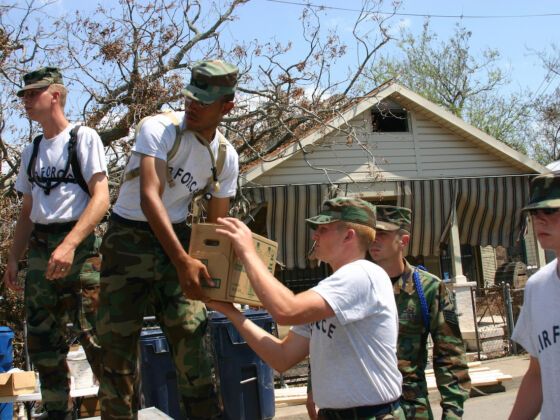It’s hard to believe it’s been ten years since Hurricane Katrina. But as one of the founding members of Gulf South Allied Funders, I am honored to be reconnecting with others in this moment to reflect on the disaster and help continue supporting ongoing efforts in the Gulf South region.
I helped start Gulf South Allied Funders months after Hurricane Katrina hit. We raised over $3 million to support groups doing grassroots, social justice, equitable, anti-racist rebuilding work. Ten years later, there is still much work to do. Below is a list of organizations and projects you can support to help the region’s ongoing struggles:
